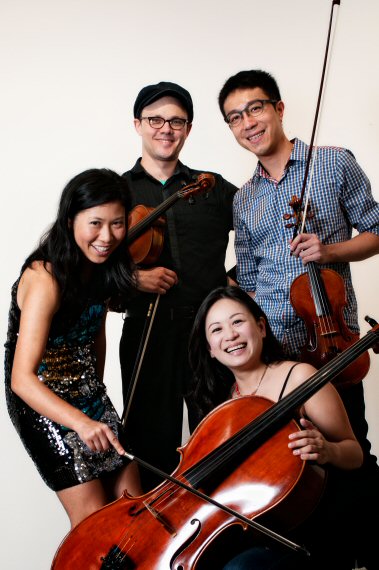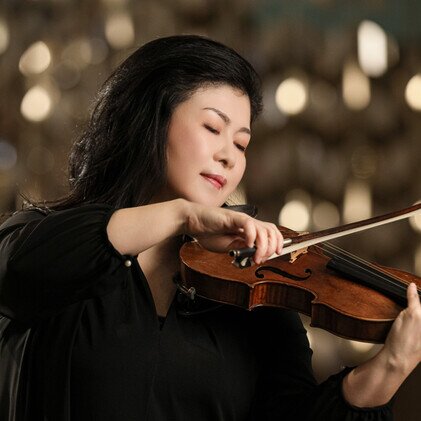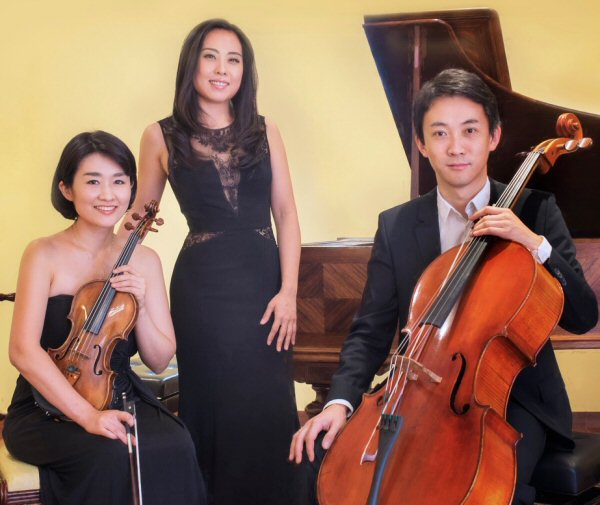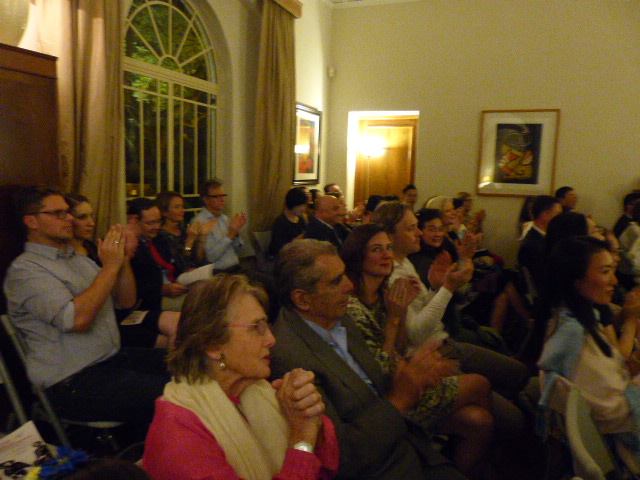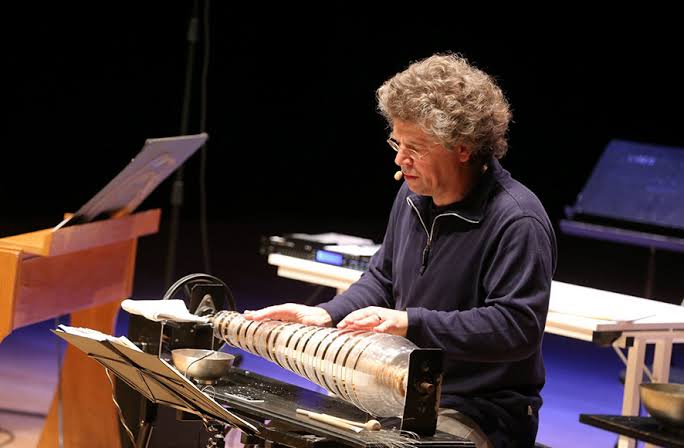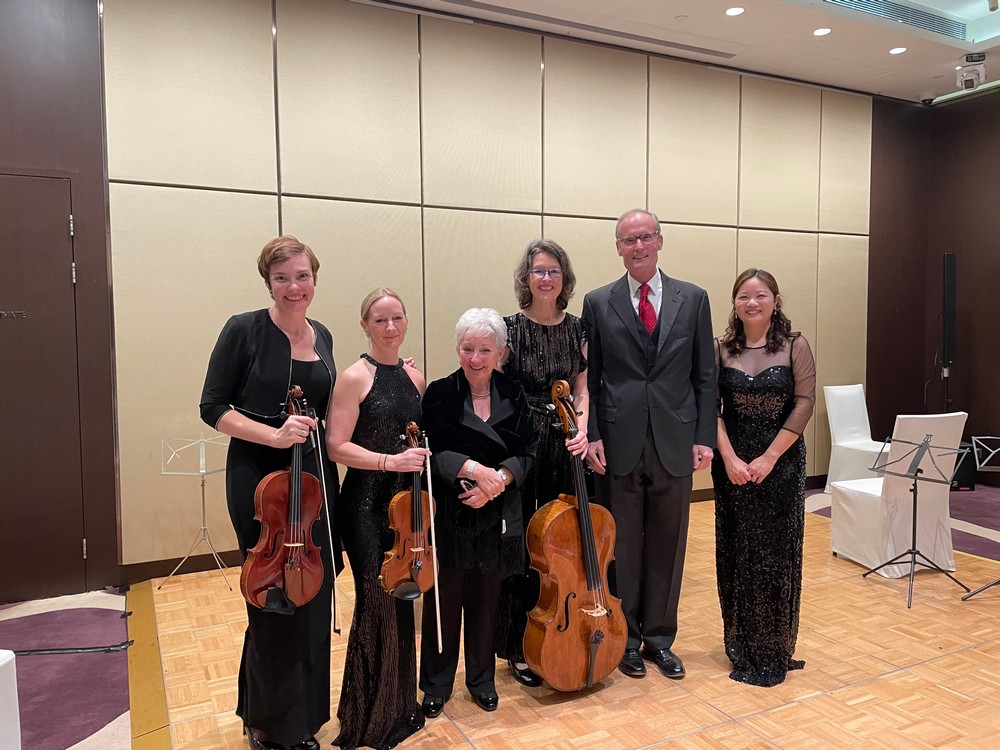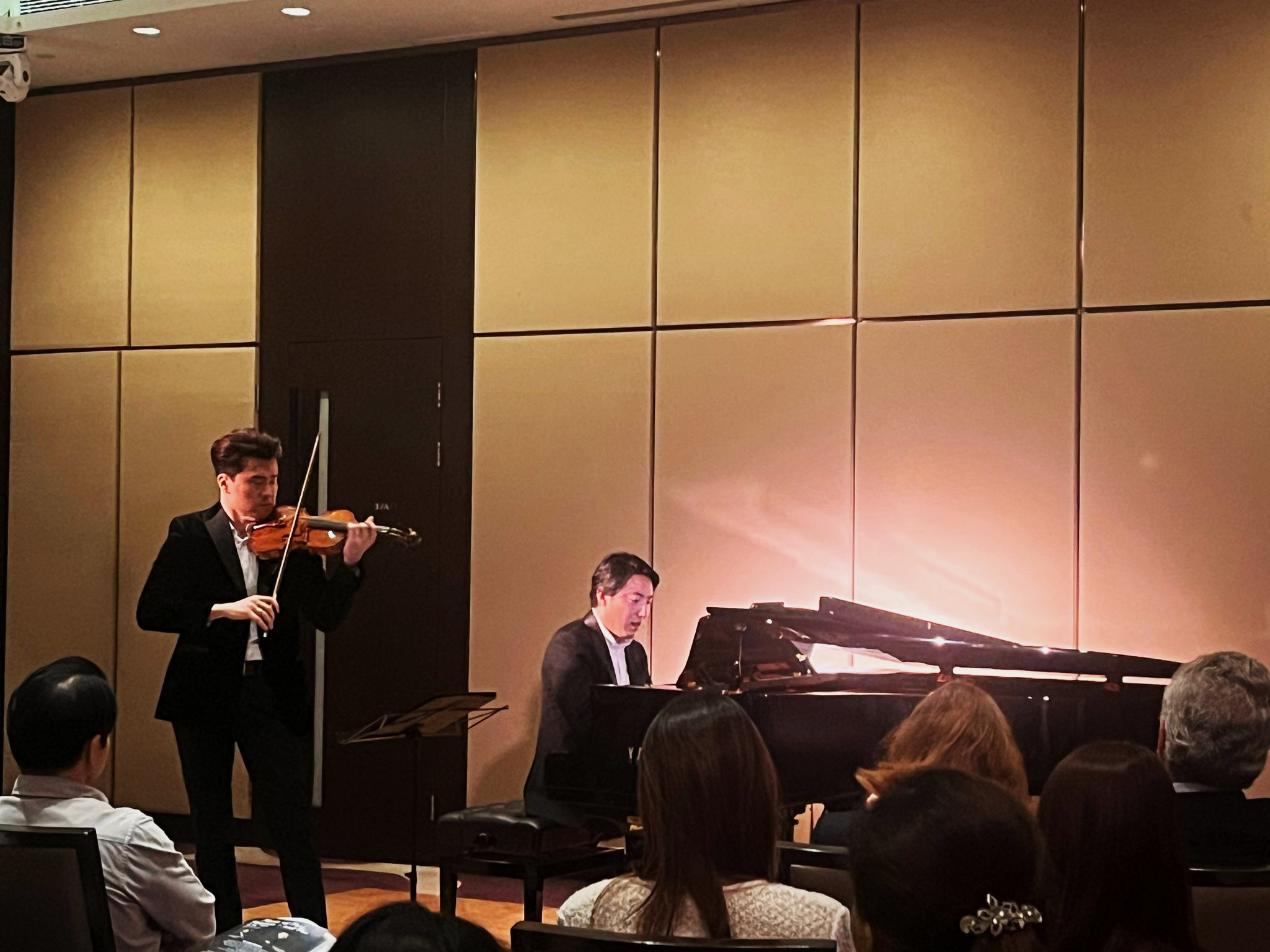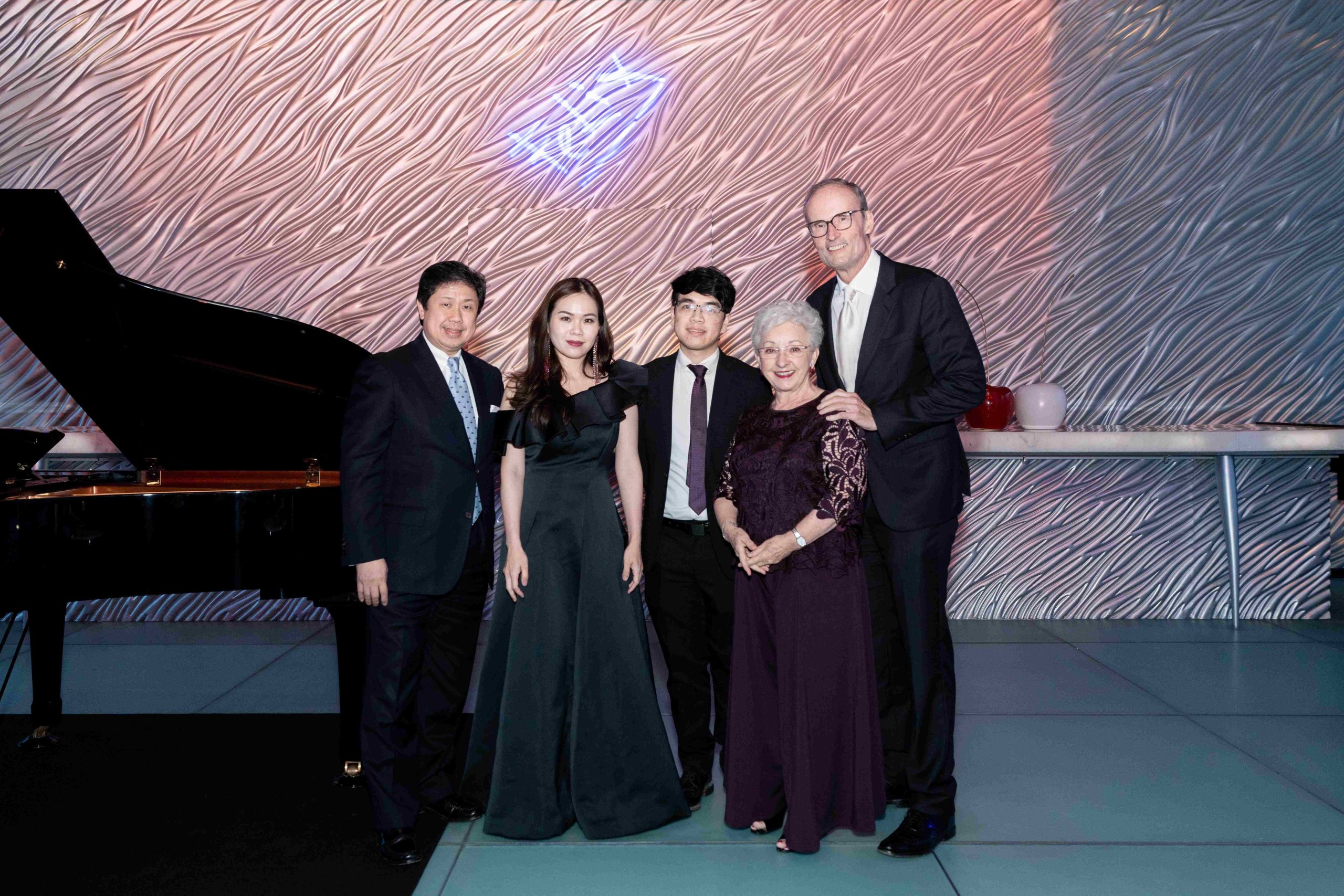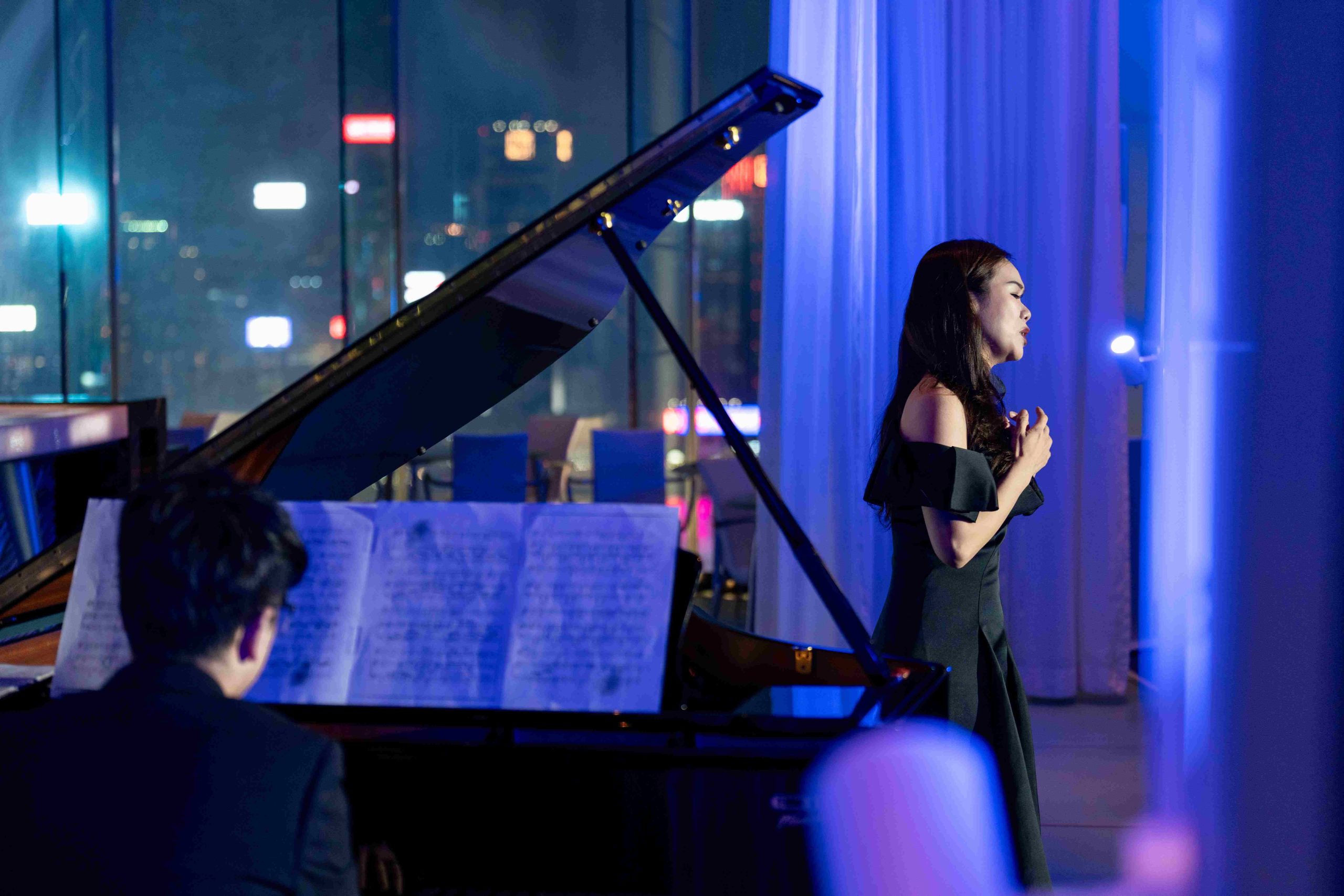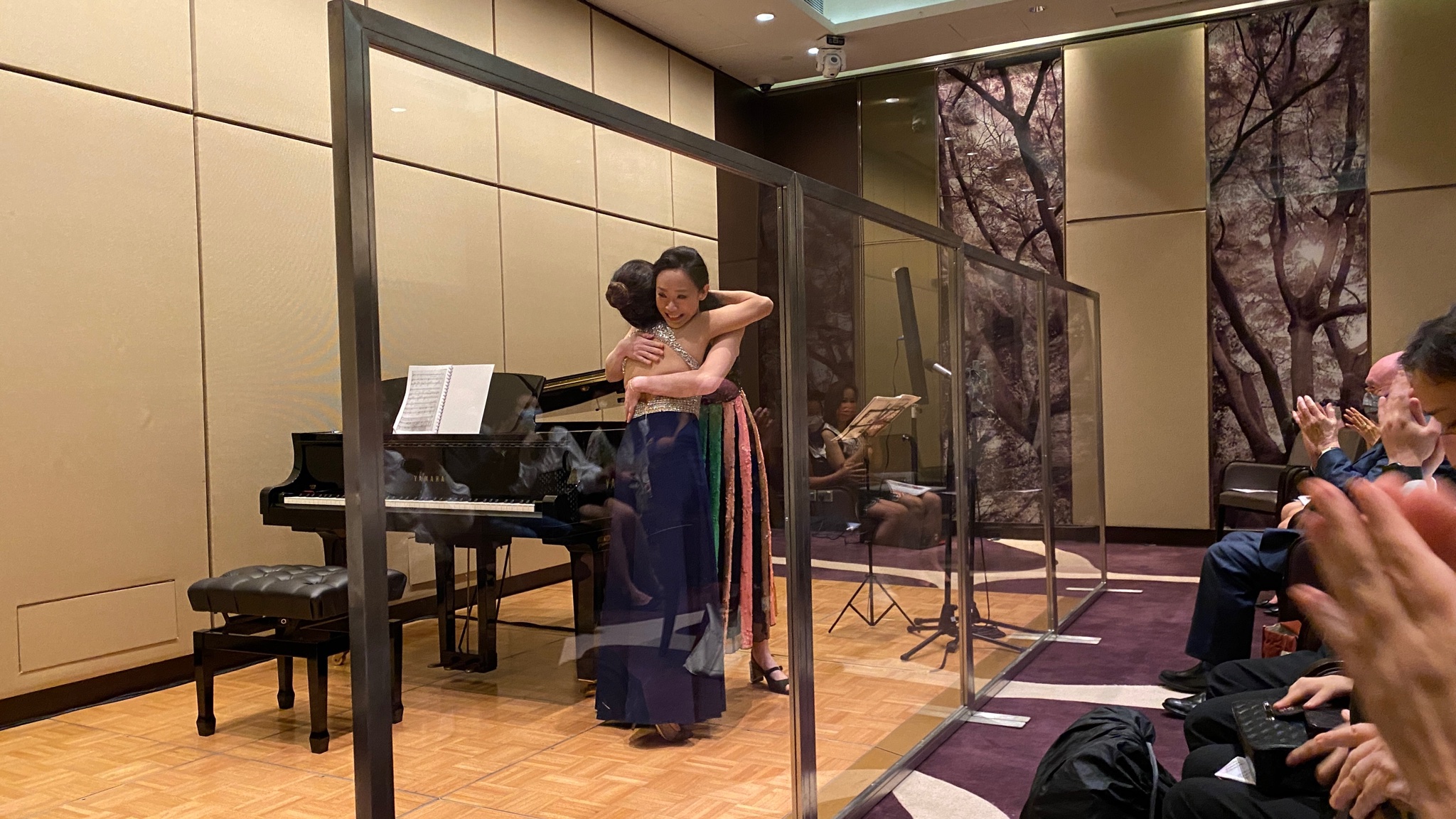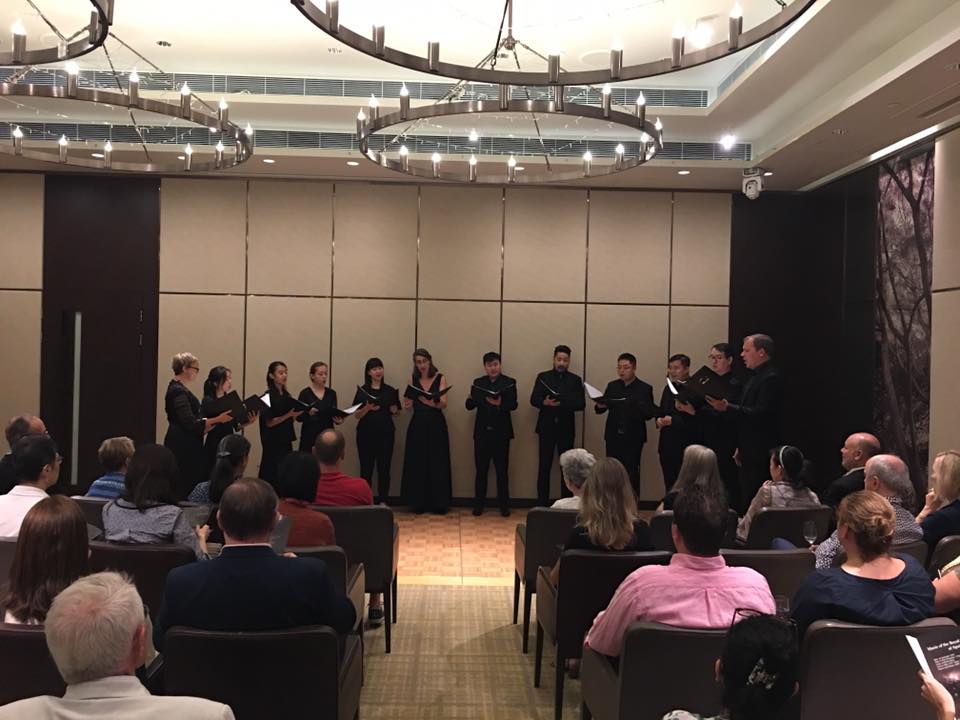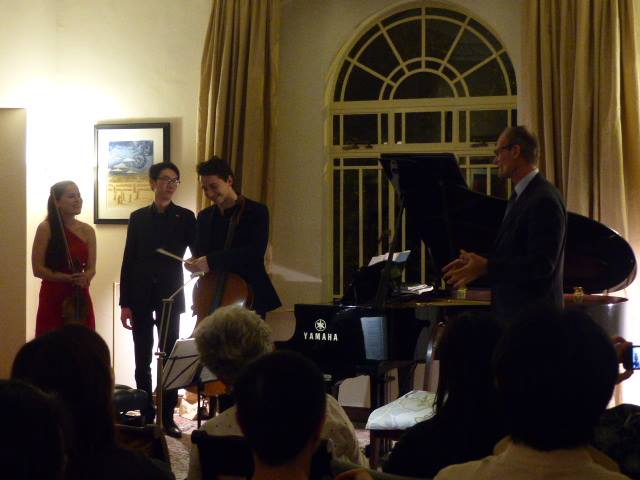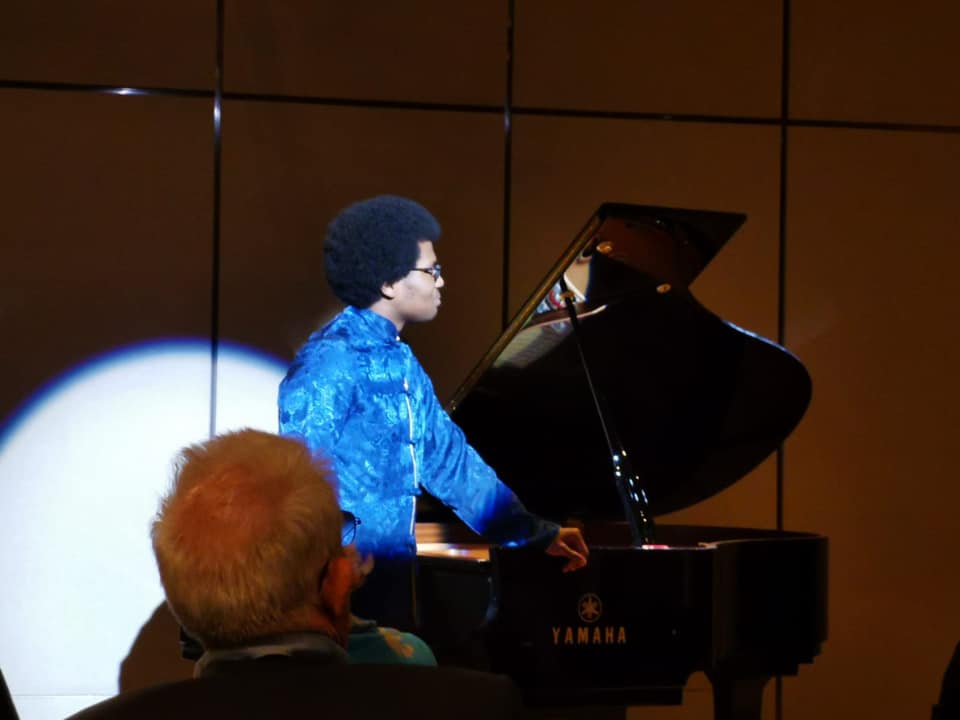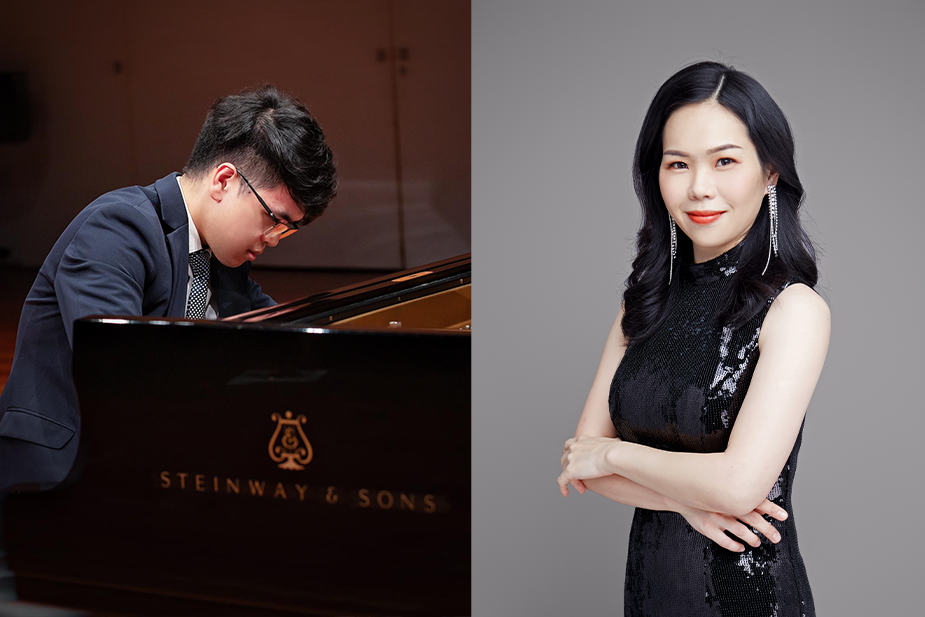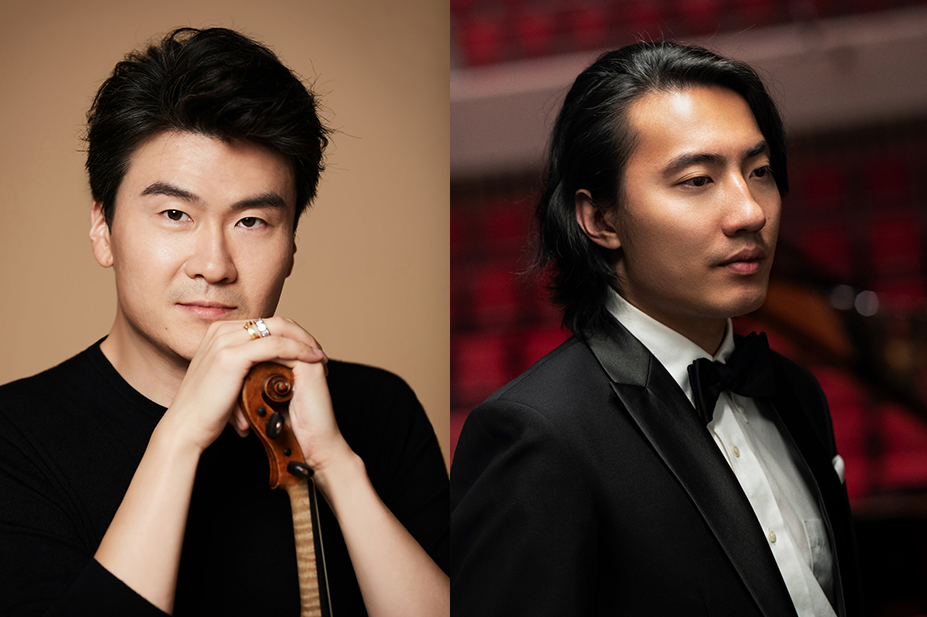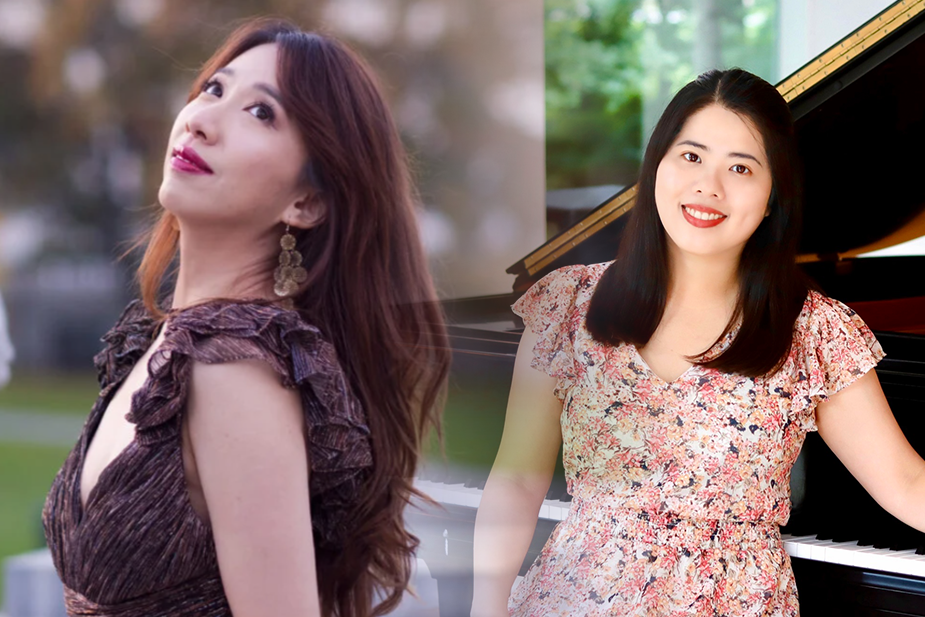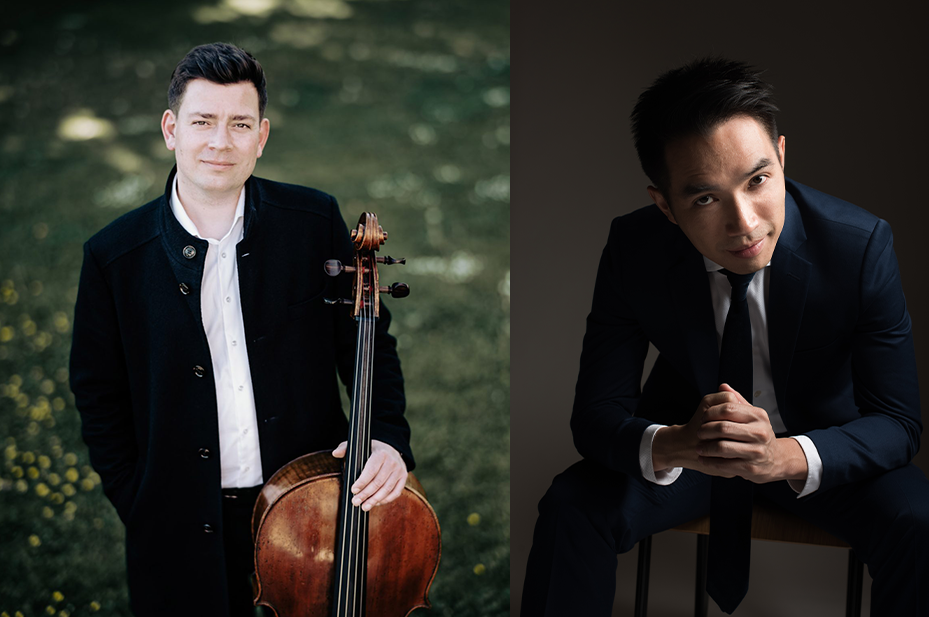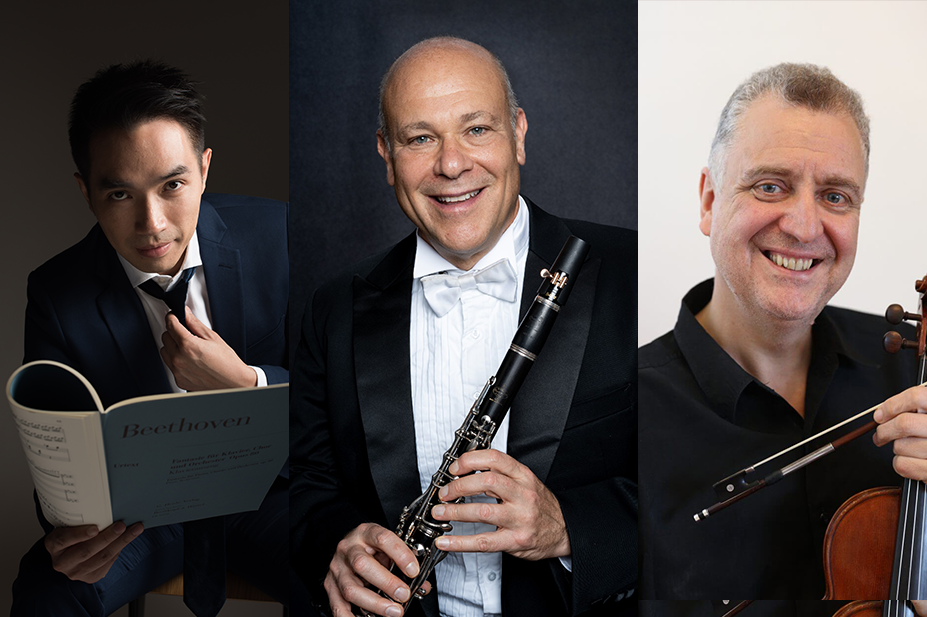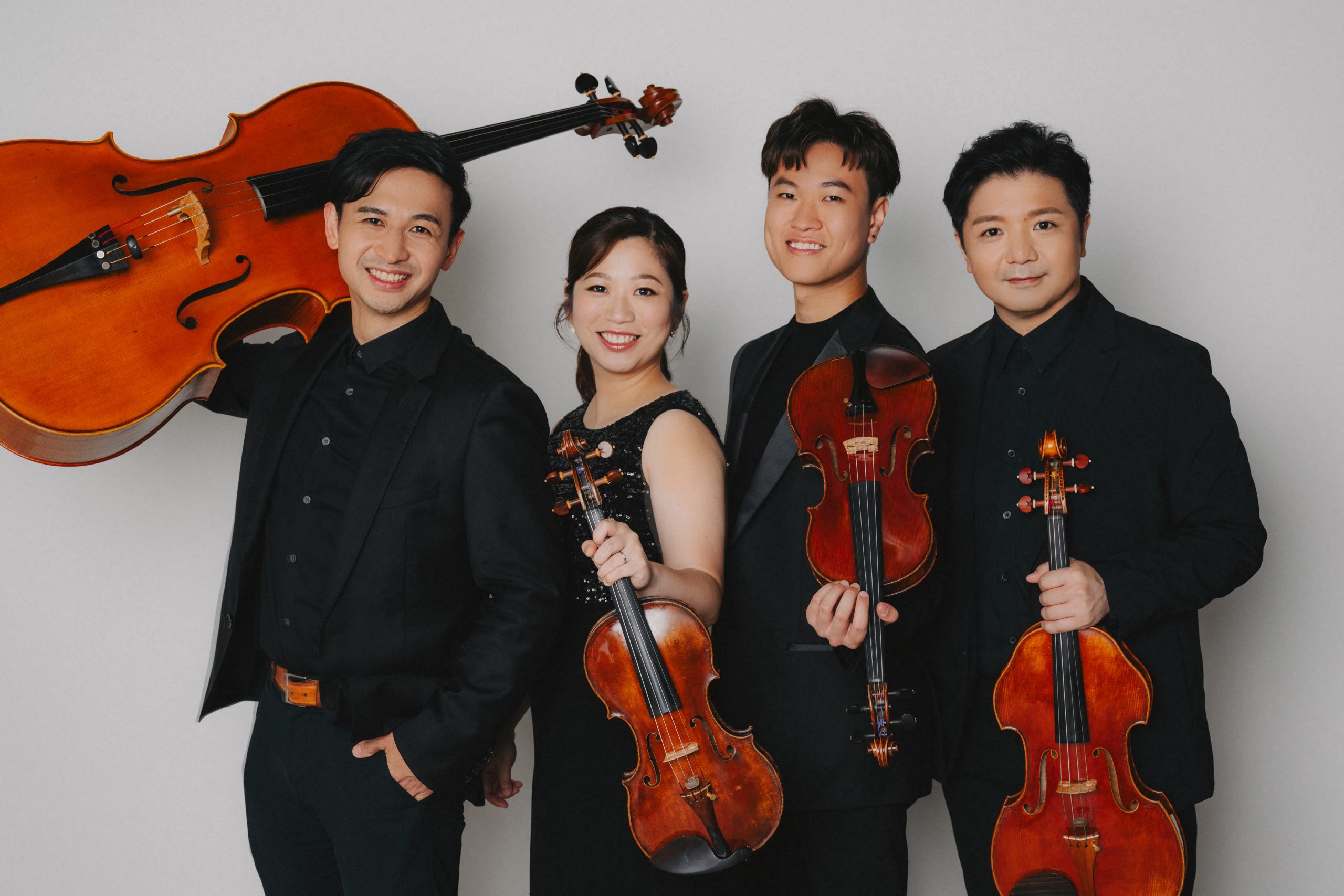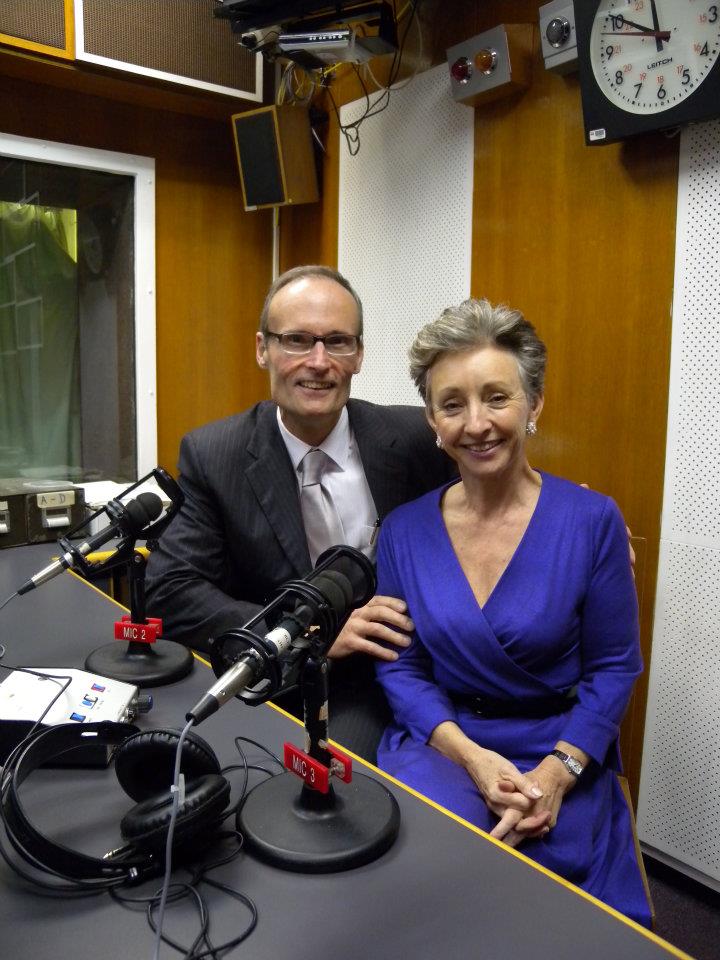
Celebrating 50 Years of Music: A Milestone for the Hong Kong Chamber Music Society
2025 marks a golden milestone for the Hong Kong Chamber Music Society as we celebrate 50 years of bringing exquisite chamber music to our community. Since our founding in 1975, we have remained dedicated to preserving the intimate tradition of European salon concerts while nurturing Hong Kong’s vibrant classical music scene through collaborations with world-class artists and emerging local talent.
As we honor this remarkable journey, we’ve prepared a spectacular series of anniversary concerts to share our passion with you. Join us in celebrating this momentous occasion – let’s enjoy beautiful music together and embark on the next chapter of our musical story!
Spectacular Chamber Music Festival
To celebrate its 50th anniversary, HKCMS will present a series of spectacular salon concerts featuring outstanding musicians from Hong Kong and around the world.
Opening Gala Dinner
3 Oct, 2025 (FRI)
HKCMS marks 50 years with an Anniversary Concert reuniting past artists and new talents. Join us for a night of classic and innovative music as we celebrate our legacy and future. More than a concert—it’s a tribute to half a century of passion and extraordinary chamber music.
Exceptional Skill and Virtuosity
2 NOV, 2025 (SUN)
From Beethoven’s intense “Kreutzer” Sonata to the lyrical nocturnes of Chopin, the shimmering harmonies of Scriabin, and Debussy’s impressionistic miniatures, this concert invites you into a poetic dreamscape rich with colors and emotions.
Vocal Recital: Muses and More
18 NOV, 2025 (TUE)
The concert celebrates women’s contributions to music through a program of songs and arias exploring femininity’s purity, elegance, mystery, and strength. Featuring soprano Viola Cheung and pianist Leona Cheung, it includes works by both renowned and overlooked female composers, alongside iconic operatic heroines like Violetta and Baby Doe, honoring women as creators and storytellers.
Intensely Personal and Intimate
25 NOV, 2025 (TUE)
From Beethoven’s intense “Kreutzer” Sonata to the lyrical nocturnes of Chopin, the shimmering harmonies of Scriabin, and Debussy’s impressionistic miniatures, this concert invites you into a poetic dreamscape rich with colors and emotions.
The Essence of Storytelling
8 DEC, 2025 (MON)
Beginning with Mozart’s elegant trio, this concert weaves through the intimate, story-like pieces of Bruch and Schumann. It’s a salon-style musical conversation, where fairy tales unfold not for children, but for the inner child in every adult.
Private Residence Concert on the Peak
9 DEC, 2025 (TUE)
Beginning with Haydn’s playful “Bird” Quartet, this concert takes flight through the moonlit imagination of Chan Kai-young and the colorful folk dances of Glazunov. A journey of lightness and curiosity, where Classical tradition meets contemporary creativity.
Voices of HKCMS’s Friends
From treasured memories of longtime friends to fresh perspectives from new ones, these stories and interviews reflect the inspirations and joys of music that shape HKCMS.
Malcolm Barnett
Founding Member
When I arrived in Hong Kong in 1968, there was a sense of relief and optimism. In the wake of riots the previous year over an increase in Star Ferry fares, the Chinese military had been poised to cross the border to restore law and order. Fortunately, this did not eventuate, and confidence was soon restored in the community. HK was already a burgeoning metropolis, but it was also something of a cultural desert!
Gradually, steps were taken to develop the study and performance of classical music. In 1974, the HK Philharmonic Orchestra (formed in 1947 as an amateur orchestra) became a professional orchestra with funding from the HK Government. In 1984, the HK Academy for Performing Arts was established to provide tertiary education. This significantly supplemented the facilities available in the local Universities.
As the number of well-trained local musicians increased, a need was recognised to set up a Chamber Music society to encourage the appreciation of chamber music in Hong Kong and provide a platform for concerts by local musicians and visiting chamber music groups.
Robert Brauer, the CEO of Swiss Reinsurance, met together with a few other like-minded aficionados, including myself, Sonia Archer and Klaus Heymann. Together, we arranged for the HK Chamber Music Society (HKCMS) to be incorporated in 1975 with Brauer as Chairman.
The HKCMS has developed over the decades under successive boards of directors and is flourishing after 50 years! I am delighted to see the outstanding programme of concerts that will be presented during this celebratory year and am more than happy to confirm that this fully meets our aspirations when establishing the society in 1975.
Congratulations!
Elaine Cheung
Former Programme Director
What does this anniversary mean to you personally?
I was Programme Director of HKCMS from 2006 to 2018. It was an honour to work with dozens of renowned musicians whom I admire and respect.
I am absolutely delighted that HKCMS has been bringing musicians and audiences together for half a century. HKCMS is a testament to the passion, determination and resourcefulness of many people. I am personally grateful to each individual who has contributed to the success and longevity of the Society. In a city where large-scale cultural events are aggressively marketed – all year, every year – it is remarkable that music lovers have chosen to support HKCMS through thick and thin. The Society must be doing something right!
In your view, what sets HKCMS’s concerts apart from other chamber music performances?
You must experience an HKCMS concert in order to truly understand what sets it apart from other concerts. Of course, there is an acoustic advantage to being seated just a few feet away from the performers, but that is not the only consideration. By the end of a concert, your mind might be full of thoughts, emotions and questions. In an ideal world, you should be given the freedom to talk about everything you have just witnessed. At HKCMS events, dinner is served shortly after the performance, allowing you to mingle with others who might be just as eager to share their reactions with you.
Can you share one of your most memorable experiences with the Society?
In 2006, I invited Rachel Cheung to play a recital at the Pacific Club. Although she was only 14 years old at the time, she was already developing an international reputation as a phenomenal pianist. I had first noticed Rachel at a masterclass led by Vladimir Krainev. When I was appointed Programme Director of the Society, one of my first priorities was to organise a celebration of Rachel’s unique artistry. Three years later, Rachel won fifth prize at the Leeds International Piano Competition.
In 2017, Rachel was a finalist and the winner of the Audience Award in the Fifteenth Van Cliburn Piano Competition.
In 2023, she released Reflections, her first album for Decca Records. I am pleased to see her fulfilling her early promise. It means a great deal to me that Rachel performed for HKCMS, first as an exceptionally gifted local student in May 2006, then in February 2017 and again in August 2022, by which time she had secured her status as an internationally respected adult musician.
More than once, I thought about inviting Rafal Zambrzycki-Payne – the inspiring violinist who had been awarded BBC Young Musician of the Year (1996) – to perform for the Society. I made no attempts to contact him, because I could not realistically expect him to travel all the way from Europe to Hong Kong for a recital.
Then one day, completely out of the blue, Rafal sent an email to HKCMS explaining that he and Agnieszka Marucha – Winner of the third prize at the 5th International Szymanowski Violin Competition – were planning to visit Hong Kong in 2010!
Rafal and Agnieszka offered to present an exciting programme of solos and duets for the Society. Naturally, I accepted their offer without hesitation. It was surreal to meet the young couple, to hear them play and then to dine with them. We remain friends to this day. Dreams really do come true!
In 2014, Rafal was appointed Concertmaster of the Polish National Radio Symphony Orchestra. Agnieszka is now Assistant Professor of Violin and Chamber Music at the Fryderyck Chopin Music University in Warsaw. Rafal and Agnieszka are both prolific recording artists who have toured extensively as soloists and chamber musicians.
What role do you believe this society plays in enhancing the appreciation of music in the Hong Kong community?
I believe that the Society enhances music appreciation in the Hong Kong community by maintaining high standards in all aspects of event management. HKCMS has five decades of experience in creating the special ambience required for chamber music. The details really matter!
Looking ahead, what are your hopes or dreams for the future of the Society?
As we look beyond the 50th anniversary celebrations, I hope that HKCMS will continue to identify and showcase musicians who have the potential to become the stars of the future. I also hope that HKCMS will discover new ways to significantly expand the audience for chamber music.
Ilari KAILA
Composer
What does this anniversary mean to you personally, and in your eyes, what sets HKCMS’s concerts apart from other chamber music performances?
Getting to work with the Hong Kong Chamber Music Society alongside some exceptional colleagues from Finland and Australia has been a tremendous pleasure for me, and so have the concerts that I’ve frequented as an audience member. A typical HKCMS event is part recital, part intimate get-together with friends and music lovers over good food and drinks. It’s an environment in which chamber music is really in its element.
Reflecting on your remarkable contribution to the 2017 HKCMS concert, “The Sound of Finland with the Helsyd Piano Trio,” which featured the world premiere of your new cello-piano duo piece in celebration of Finland’s 100th anniversary, can you describe your creative process and explain what makes that concert particularly special?
In the 2017 centenary year of Finland, as part of the Helsyd Piano Trio’s tour to mark the occasion, cellist Timo-Veikko Valve and pianist Emil Holmström premiered my work Hum and Drum in their HKCMS debut concert. I have particularly fond memories of the concert and all the conversations with a very engaged and knowledgeable audience, not to mention the dinner at the end.
Looking ahead, what are your hopes or dreams for the future of the society?
The year 2026 is another important anniversary: half a century of not just fantastic concerts but of building a culture and community around them. At this point, I feel like I am a part of the HKCMS family, so instead of saying “congratulations”, perhaps more appropriate to say thank you for allowing me to be a part of it. I look forward to our next collaboration to mark the occasion, and to raising a glass for another 50 years of music making among friends.
Yip-Wai Chow
Violin I
Romer String Quartet
Hi, Yip-Wai! The first violin of the Romer String Quartet. Pleasure talking to you. We’re delighted to welcome you to the 50th anniversary celebration of the Hong Kong Chamber Music Society with the Romer String Quartet. Can you tell us a little bit about this fantastic ensemble?
Well, first of all, thank you very much. The pleasure’s all ours. The quartet has been going strong for 13 years. It’s one of the most established chamber ensembles in Hong Kong. In fact, it has been my dream since childhood to join them. I went to many of their first concerts — I remember a lunchtime concert where they played Beethoven’s Op. 18 No. 4, which was also one of the first quartets I ever played.
So you are a lover of Beethoven?
Of course! We often discuss when to dive into the vast world of Beethoven’s quartets. They’ve also done a lot of multimedia collaborations — with dancers, animators, storytellers, sand painters, even rock bands. Our vision is to bring chamber music to more people by collaborating with artists from different fields. It enhances the audience’s experience, especially for first-time listeners.
Your ensemble is closely associated with Hong Kong. The name “Romer” even comes from a frog in Hong Kong. So it makes sense to collaborate with local artists. You yourself have also received international prizes — the Adolfo Betti Prize, the Adare Trio Award. How did you achieve these milestones?
Both were chamber music prizes — one for a clarinet trio, the other for a string quartet. I think it’s through perseverance and hard work, but also being inspired by colleagues and driven by love for chamber music. Sometimes our ideas are appreciated, sometimes not, but I was lucky to work with amazing musicians.
You’ve also played with other ensembles like the Montclair String Quartet, the Clovsky Trio, and others. How did you get involved?
The Montclair Quartet was my first job after graduation. I got the position through a friend’s recommendation. It was in West Virginia, a small place, but with a strong effort to build a music culture. I stayed there for a while before Covid. It was a valuable experience.
Kiann Chow
Violin II
Romer String Quartet
Romer has a long history itself, now 13 years. And you were one of the founders of the group. Was it difficult to get this group together and keep them together for so long?
Yes, indeed. Very much. 13 years is just over a decade. We all graduated, and the moment we stepped into the classical music industry, this was actually my first job after graduation. Thanks to Ringo for bringing me into this crazy goodness.
We all worked in orchestras or as freelancers, but sometimes we felt we needed a better way to stay motivated, both technically and musically. For me, playing in a chamber group — especially a string quartet — really helped. We’ve had no manager for 13 years, so all administrative work is shared among us. Through rehearsals, we learn and understand each other better, and grow as a group. Playing in a quartet is like crafting a diamond or brewing wine — challenging, but it makes our relationship very close.
Unlike a symphony orchestra, there is no conductor. Everyone must know exactly what the others are thinking. A glance or gesture can communicate everything. This makes chamber music very personal, intuitive, and also enjoyable for the audience, who can sit very close and feel what we feel.
Ringo Chan
Viola
Romer String Quartet
You’re going to be performing a very special new work by Hong Kong composer Chan Kai-young, called *In Search of the Moon*. Can you tell us about your experience with this piece and how it came about?
Since our establishment, we’ve always been keen on performing new works, especially by Hong Kong composers. The idea of this piece actually came to us when we were driving back from another project, discussing what we should focus on for the future. We felt it was important to highlight Hong Kong’s heritage and find something that represents us, something we could also bring abroad.
The inspiration was to merge something familiar from the West, like Debussy’s famous *Clair de Lune*, with something from our childhood — a Cantonese nursery rhyme about the moon. Chan Kai-young did an amazing job fusing these elements together.
What kind of inspiration or musical experience can the audience expect from this work?
His music is very exciting. It starts with something describing the busy life of Hong Kong people, then becomes quiet, and gradually the nursery rhyme emerges. It’s a very immersive experience, with a distinctly Chinese angle, since celebrating the moon is such an important and beloved tradition for Hong Kong people.
In fact, our first performance of this work was planned at an outdoor venue where the moon would be visible. Unfortunately, the weather didn’t allow it, but we still hope that one day we can perform it under the moonlight.
In addition to this piece, you’re also a co-founder of the Romer String Quartet, now with 13 years of history. How did the ensemble come about.
At the beginning, it wasn’t easy. Playing chamber music is one thing, but working so closely together is another. We all had just returned to Hong Kong from our studies overseas, and were members of the Hong Kong Philharmonic. But orchestra playing and chamber music are very different — the ownership of the music, the input — it feels much more personal in chamber music. We wanted an outlet for our own energy and creativity, and that’s how Romer started.
You also had a lot of orchestral experience — playing with the Asian Youth Orchestra and the 18th Century Dutch Orchestra Ensemble. What motivated you to devote yourself to chamber music?
When I was studying in the U.S. for my master’s, I had a notorious nickname — “the chamber music junkie.” My name was everywhere on the bulletin board, because I would play in everyone else’s recitals. I realized I loved teamwork — I never enjoyed sports you play alone, like tennis or badminton. I always preferred team sports. For me, chamber music is exactly that: teamwork at its finest. A string quartet is the best example of that collaboration in the music world.
Compared to the grandeur of symphonic music, chamber music is small-scale, intimate, and deeply personal. That’s why I love it, and why I’m so glad we can celebrate chamber music together with CMS’s 50th anniversary.
Eric Yip
Cello
Romer String Quartet
You’re going to be playing a couple of very interesting pieces, Haydn and Mendelssohn . Please tell us some of the highlights — what the audience should look forward to in those?
One of the reasons we would like to choose these two pieces was the key. In the old days, the key represents some emotional characters, like C major is purity and sincerity, and E-flat major represents love and devotion. So we like to choose these two pieces to express our gratitude to CMS for your devotion to chamber music.
Now the Haydn piece is called The Bird. And I believe it is a kind of an actual representation of bird sounds. Is that right?
Yes. But, you know, Haydn didn’t write “The Bird.” It’s a nickname by the publishers, because in the old days, they wanted to sell more copies. That’s why they needed some “gimmicks.” You just have to have some titles for them to sell. Just like The Sunrise, with a picture on the front page — but that didn’t actually give the name to the quartet.
So it’s the same here: “The Bird” came from the publisher. The reason for the nickname was the ornaments, which made it sound like a bird. There are some kind of chirping, high-pitched, whimsical notes that evoke a bird-like sound.
The Mendelssohn you’re going to play is a mature work, a very sophisticated example of Mendelssohn’s art. Tell us a little bit about that piece.
Mendelssohn is recognized as the next prodigy after Mozart. And they’re quite similar — he had a sister, Mozart also had a sister. And we are not talking about this today, but you know, in the old days, the sisters were often more talented than the brothers, but they were not able to stand on stage because of prejudice — because of gender.
This piece, Op. 12, is not actually Mendelssohn’s first string quartet — he wrote a second string quartet first. He was inspired by Beethoven’s late string quartets. Mendelssohn was one of the Romantic composers who still followed the classical rules, like Brahms later did, while adding his own lighthearted character to the music.
You are also a composer of music yourself. Can you tell us a little bit about that aspect of your musical career?
I don’t know if I can call myself a composer, because I don’t compose a lot. I just have six compositions. But the reason I started was during Covid. I had a lot of time, and when I was at home, I was figuring out what I should do. At that time, many things were happening — the Olympics, the pandemic — and all my emotions were trapped at home as well. So I wrote down my emotions in music.
And do you think your experience as a composer has informed your performances when you play the cello? Does it help?
Yes, I think it helps. Being a composer makes me think about music from another perspective. When I return to performing with my group, I tend to look at the bigger picture. Sometimes we overthink details that composers actually wrote very simply. So being a composer helps me realize that music is not actually that difficult — it’s often us performers who make it complicated.
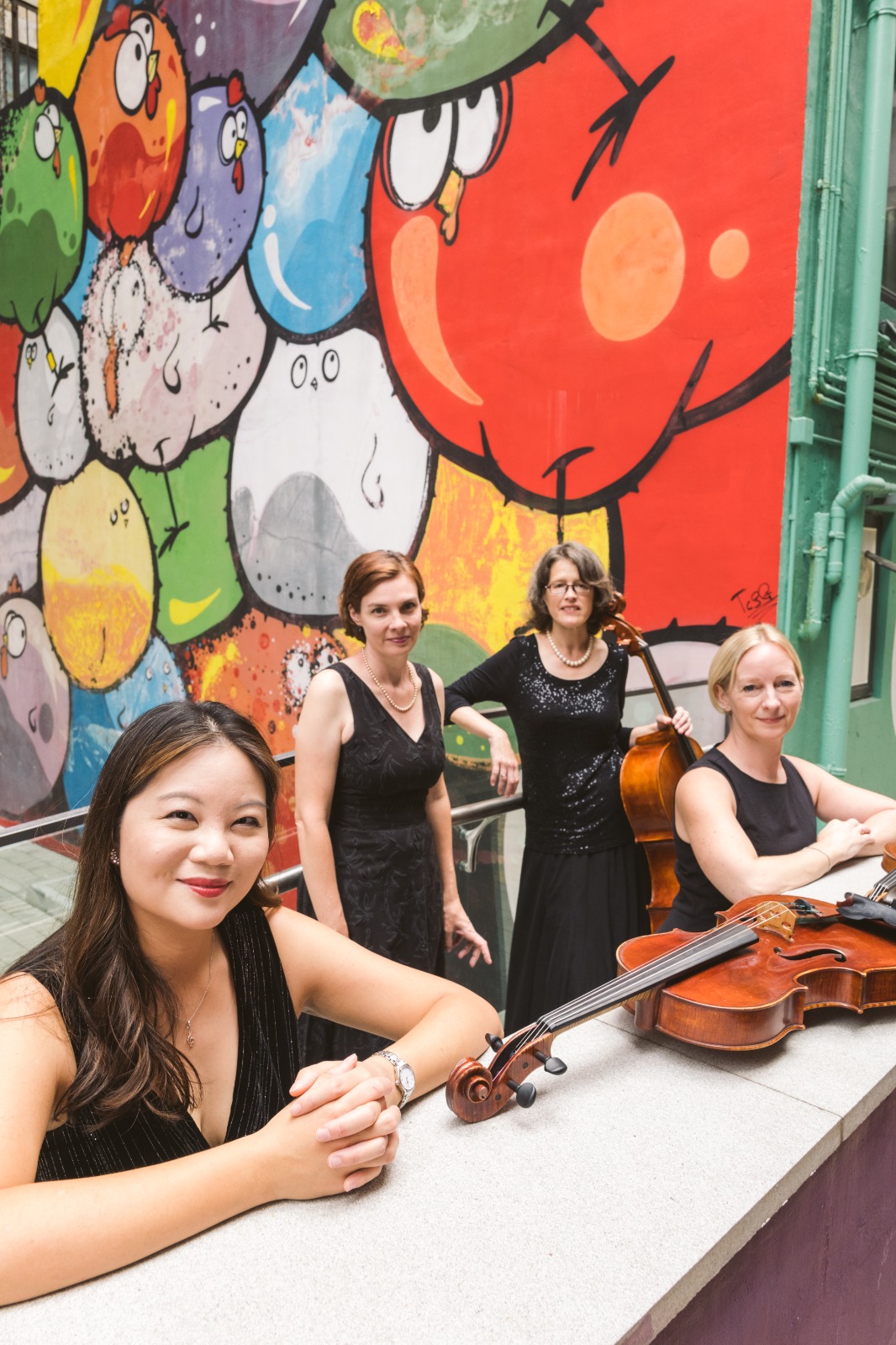
Sparkling Moments
A glimpse into unforgettable moments from HKCMS concerts, capturing the passion, artistry, and joy shared between performers and audiences.
